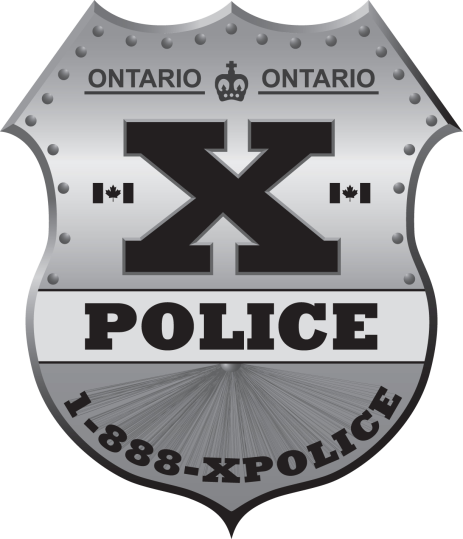Police forces across Canada required to shift service after CRTC decision

Tommy Nguon was forced to call 911 by himself after his brother was attacked in a park because his mother is hearing-impaired. A new 911 service being launched in Ottawa in 2016 will allow hearing and speech-impaired people to text emergency dispatchers. (CBC Ottawa)
Nguon ran home for help, and since his mother is deaf, called 911 himself.
“My mom can’t talk. I knew it was the right thing to do,” Nguon told CBC Ottawa earlier this month.
Beginning in 2016, it should be easier for hearing-impaired Ottawans like Nguon’s mother to get in touch with 911 dispatchers.
For more than a year, the Ottawa Police Service has been overhauling its communications network, and soon people who are deaf, hard of hearing or unable to speak will be able to use their cell phones to text 911 with information about their emergency.
In September 2015, a Canadian Radio-television and Telecommunications Commission (CRTC) emergency services working group decided it was time for Canada’s 911 services to switch to the so-called “next-generation” 911 networks.
The new texting service is already available in other Canadian cities, such as Calgary, Halifax and Windsor.
‘Contact 911 from anywhere’
Currently, Ottawans who can’t speak or hear have two ways of getting in touch with 911: they can either ask someone on their behalf to call or use a teletypewriter, which transmits text directly to the dispatch, said Insp. Paul Gallant.
The problem with relying on a teletypewriter, also known as a TTY machine, is that it requires the person to be at home to send the message — and many emergencies, such as car crashes, don’t happen at home, said Gallant.

Gary Malkowski of the Canadian Hearing Society says the text service is a good idea but adding a video component, so hearing-impaired people can interact with 911 dispatchers by signing to an interpreter, would be an even better step. (CBC Ottawa)
The dispatcher will both text and call back, as they won’t know if the person using the system is hearing-impaired or speech-impaired, said Gallant.
The force has just completed its network upgrade, said Gallant — a “significant” project that took about 18 months to complete. He expected the new 911 system would be launched in the first quarter of 2016, hopefully in January or February.
“It’s important so we can provide the same and equal amount of service to everybody in the community,” said Gallant.
Next step? Video
The Canadian Hearing Society said the 911 texting service is a step in the right direction, but they’d also like to see a video service — one that would allow deaf people to use sign language to interact with an interpreter who’s sharing the line with the 911 dispatcher.
“We still do have a few challenges moving forward. We don’t have video relay services in place at this point,” said society vice-president Gary Malkowski. “The next issue is [visual] interactivity with the 911 call centre.”
As for the Nguon family, Tommy said his brother is doing fine, and that his mother is intrigued by the idea of texting 911 rather than having to get someone to make a phone call.
“She said she was very surprised about [the idea]. She thinks it’s a very good source to use.”
Source: CBC News
